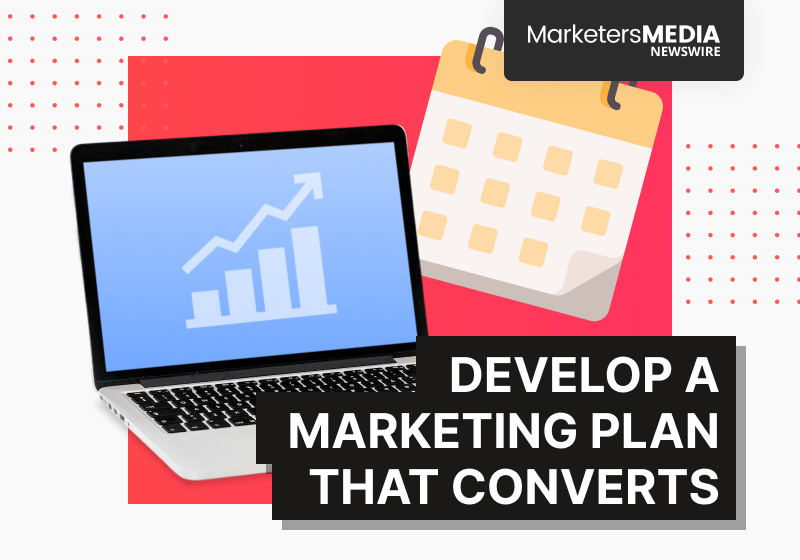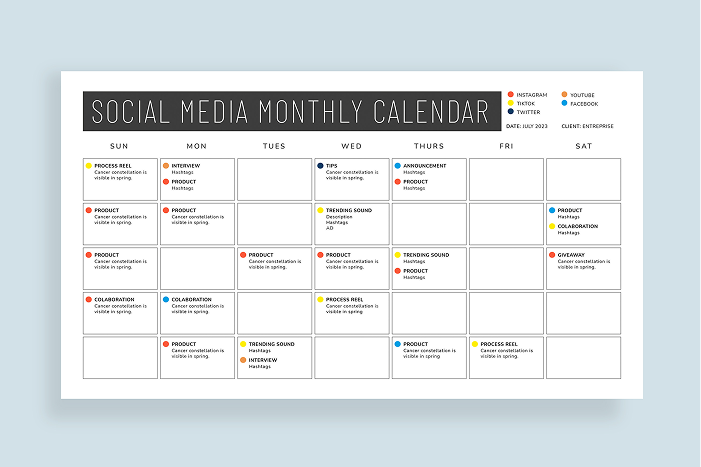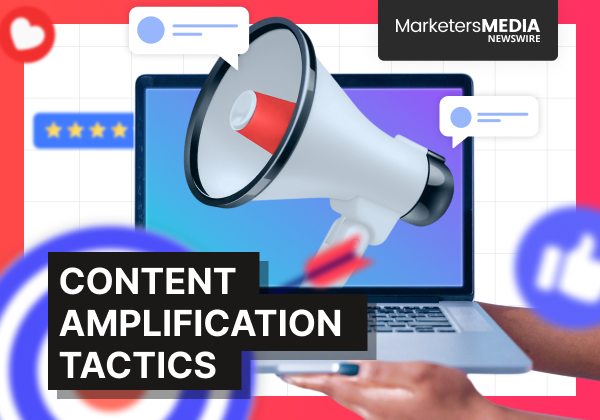Table of Content
- What Is a Content Marketing Plan?
- Why Your Business Needs a Content Marketing Plan Right Now
- The Three Stages Every Buyer Goes Through (And What They're Really Asking)
- How to Identify High-Demand Topics (Without Wasting Time on Content Nobody Wants)
- Step-by-Step Guide to Creating Your Content Marketing Plan
- Measuring Success: The Metrics That Actually Matter
- Common Challenges and How to Handle Them
Your website traffic has flatlined. Your leads aren't converting.
Meanwhile, your competitors seem to be attracting customers effortlessly online.
Sound familiar?
You're not alone. Most businesses struggle with this exact problem because they're missing a critical piece: a strategic content marketing plan that actually addresses what their customers want to know.
What Is a Content Marketing Plan?
A content marketing plan is your strategic blueprint for creating, distributing, and managing valuable content that demonstrates expertise, builds trust, and educates potential customers about your products or services.
Oof, that was a mouthful. Let’s simplify it.
In short, a content marketing plan is a strategy for creating helpful content that attracts and educates your ideal customers.
It's not just a content calendar—it's a comprehensive system that aligns your content with your audience's needs at every stage of their buying journey.
The key difference between businesses that succeed with content marketing and those that don't?
They understand that content marketing isn't about pushing products. It's about solving problems and answering questions your customers actually have.
Why Your Business Needs a Content Marketing Plan Right Now
Before we dive into the how-to, let's address the elephant in the room: why does content marketing matter when you could just run ads?
Here's the truth: Traditional advertising is becoming less effective.
People skip ads, use ad blockers, and trust peer recommendations over company claims.
Content marketing, however, works differently:
- It builds genuine trust: When you consistently provide valuable information, people begin to see you as an authority
- It captures demand early: You can reach potential customers before they even know they need your solution
- It delivers long-term ROI: Unlike ads that stop working when you stop paying, good content continues attracting customers for months or years
- It costs less over time: While the upfront investment is significant, content marketing typically costs 62% less than traditional marketing
The Three Stages Every Buyer Goes Through (And What They're Really Asking)
Understanding your buyer's journey is crucial for creating content that actually converts.
Most buyers move through three distinct stages, each with different questions and concerns.
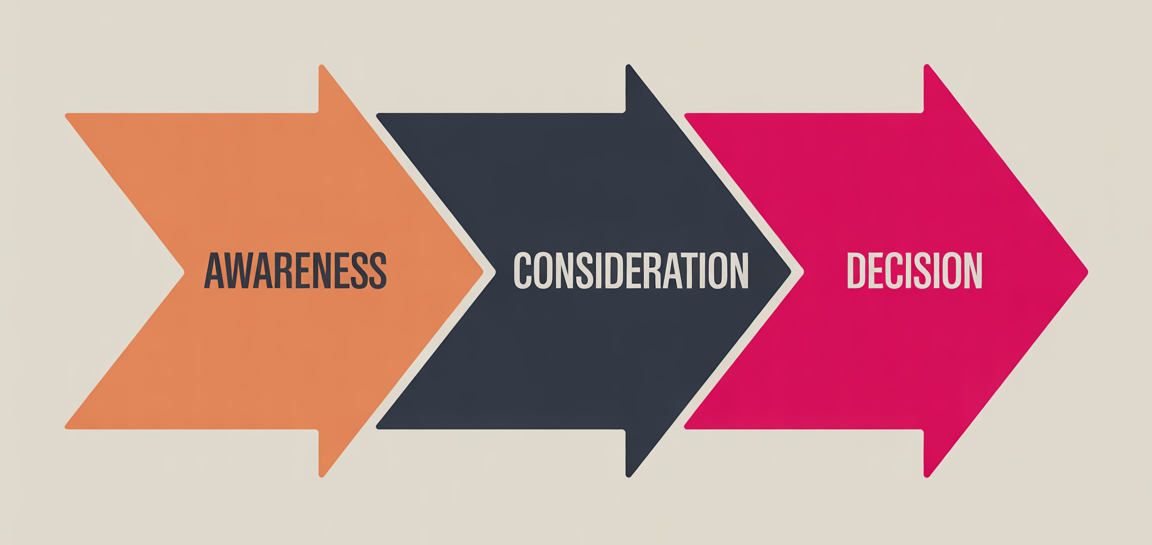
Stage 1: Awareness - "I Think I Have a Problem"
At this stage, potential customers have identified a pain point but haven't yet determined what solution they need.
They're not searching for "MacBook Pro 16-inch"—they're searching for answers to their immediate problems.
What they're thinking:
- "Why is my computer so slow all of a sudden?"
- "My laptop keeps crashing during video calls"
- "I can't run the software I need for work"
Common search queries:
- "Why is my laptop running slow"
- "Computer keeps freezing"
- "Signs I need a new laptop"
- "How to speed up old computer"
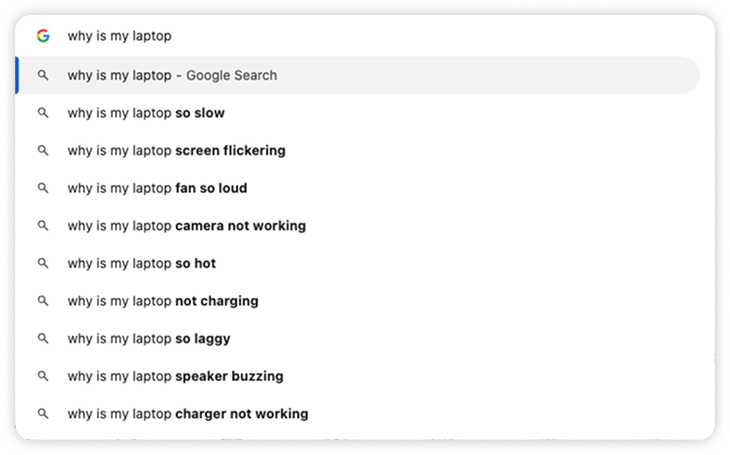
Best content types for this stage:
- Educational blog posts ("Signs Your Laptop Is Dying")
- Problem-focused guides ("Why Computers Slow Down Over Time")
- Social media content
- Short videos explaining concepts
Stage 2: Consideration - "I Know What I Need, But Which Option Is Best?"
Now they understand their problem (they need a new laptop) and know that solutions exist.
They're comparing different brands, specifications, and price points.
What they're thinking:
- "Should I get a Mac or PC?"
- "How much RAM do I actually need?"
- "Is it worth spending extra for better graphics?"
- "What's the difference between these processor types?"
Common search queries:
- "Mac vs PC for video editing"
- "Best laptop for small business"
- "Gaming laptop vs regular laptop"
- "How much should I spend on a laptop"
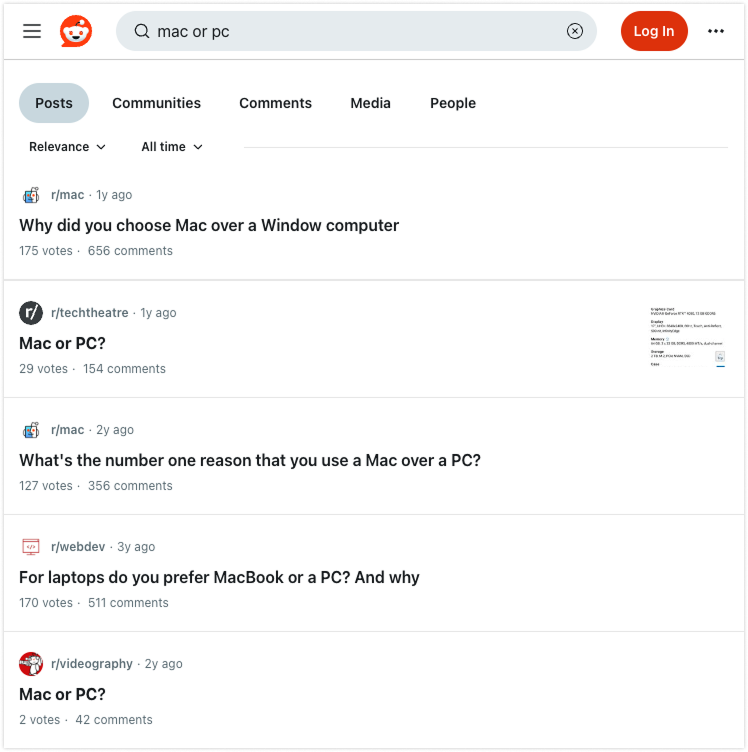
Best content types for this stage:
- Detailed comparison guides ("MacBook vs Surface Pro: Complete Comparison")
- Buying guides with specific recommendations
- Reviews and ratings
- Video demonstrations
Stage 3: Decision - "I'm Ready to Buy, But From Whom?"
They've decided on the type of laptop they want. Now they're evaluating specific models, retailers, and deals. Their questions become very tactical and trust-focused.
What they're thinking:
- "Where can I get the best price on this laptop?"
- "Should I buy from Apple directly or Best Buy?"
- "What's the return policy if I don't like it?"
- "Are there any deals or discounts available?"
Common search queries:
- "MacBook Pro 16-inch best price"
- "Apple Store vs Best Buy laptop deals"
- "Laptop return policy comparison"
- "MacBook Pro 16-inch reviews"
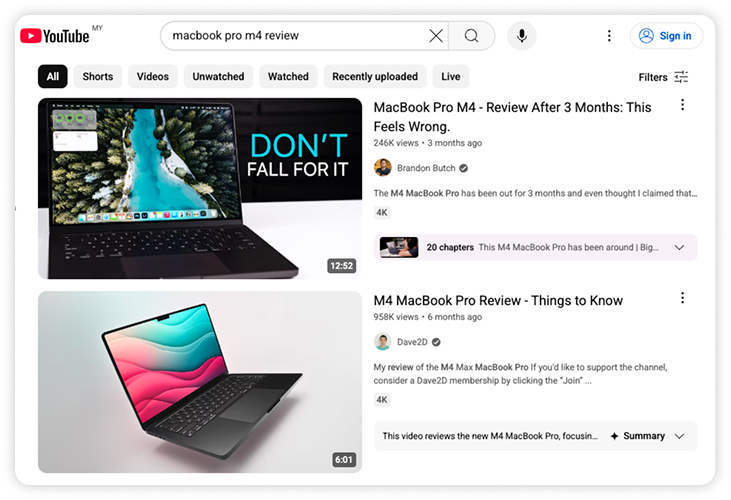
Best content types for this stage:
- Price comparison guides
- Store/retailer reviews
- Warranty and return policy explanations
- Customer testimonials and unboxing videos
So, whether you're selling laptops, marketing services, or anything else, your customers go through these same three stages.
The key is creating content that matches where they are in their journey.
Now that you understand what your customers are thinking at each stage, let's talk about how to find the topics they're actually searching for.
How to Identify High-Demand Topics (Without Wasting Time on Content Nobody Wants)
The biggest mistake businesses make? Creating content they think people want instead of content people actually search for.
Here's how to find topics with real demand:
Step 1: Start with Your Customer Conversations
Before touching any keyword tools, list the 10 most common questions your sales team hears. These represent real demand from real customers.
Step 2: Use Strategic Keyword Research
- Identify 5-10 core topics related to your business expertise
- Brainstorm specific keywords under each topic using Google's autocomplete and "People Also Ask" sections
- Analyze search volume and competition using tools like Google Keyword Planner or Ahrefs
- Focus on long-tail keywords (3-4 word phrases) that show specific intent
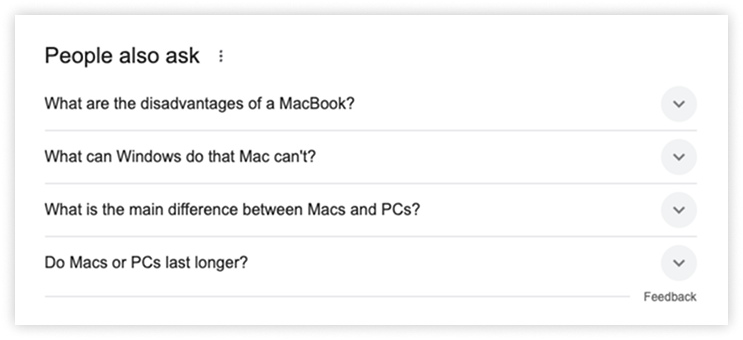
Step 3: Spy on Your Competitors (Ethically)
- What topics are they ranking for?
- What content gets the most engagement on their social media?
- What gaps exist in their content that you could fill?

Step 4: Talk to Your Customers Directly
Send a simple survey asking:
- What questions did you have before buying?
- What almost stopped you from purchasing?
- What information would have made your decision easier?
With your topics identified and buyer journey mapped, it's time to put this all together into an actionable plan
Step-by-Step Guide to Creating Your Content Marketing Plan
Phase 1: Foundation Building (Week 1-2)
Define Your Goals
- Increase website traffic by X%
- Generate X qualified leads per month
- Improve conversion rate by X%
- Build thought leadership in [specific area]
Identify Your Audience
Create detailed buyer personas including:
- Demographics and job roles
- Primary challenges and pain points
- Preferred content formats and channels
- Questions they ask at each buyer journey stage
Audit Your Existing Content
- What content do you already have?
- What's performing well vs. poorly?
- What gaps exist in your current content?
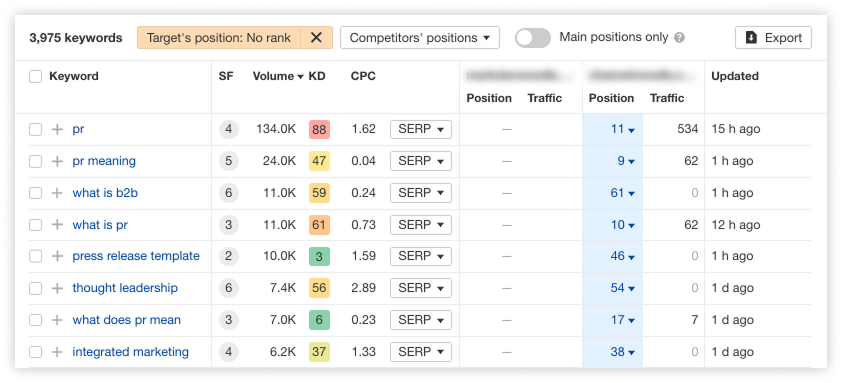
Phase 2: Content Strategy Development (Week 3-4)
Map Content to Buyer Journey Stages
Create a spreadsheet with columns for:
- Buyer stage (Awareness/Consideration/Decision)
- Specific question or search query
- Content topic/title
- Content format
- Distribution channel
- Success metrics
Develop Your Content Calendar
- Plan 3-6 months ahead
- Balance different content types
- Align with business priorities and seasonal trends
- Include promotion and distribution plans
Phase 3: Content Creation and Distribution (Ongoing)
Create Pillar Content
Develop comprehensive, long-form content pieces that can be broken down into multiple smaller pieces:
- Ultimate guides (3,000+ words)
- Detailed case studies
- Industry reports or surveys
Atomize Your Content
From each pillar piece, create:
- Blog posts
- Social media updates
- Email newsletter content
- Video scripts
- Infographics
- Press releases for newsworthy insights
Multi-Channel Distribution
- Your website/blog
- Email marketing
- Social media platforms
- Guest posting opportunities
- Industry publications
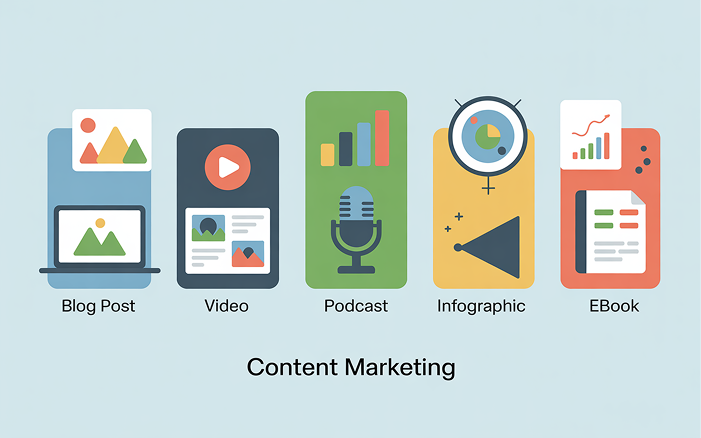
Once your content plan is running, you'll need to know if it's actually working. Here's how to measure success.
Measuring Success: The Metrics That Actually Matter
Avoid vanity metrics like page views or social media followers. Focus on these key performance indicators:
Short-Term Metrics (Track Monthly)
- Organic website traffic: Are you attracting more visitors from search engines?
- Email subscribers: Are people signing up for your content?
- Content engagement: Time on page, pages per session, bounce rate
- Social shares and comments: Is your content resonating enough to share?

Long-Term Metrics (Track Quarterly)
- Lead generation: How many qualified leads is your content generating?
- Conversion rates: What percentage of content consumers become customers?
- Customer acquisition cost: How much does it cost to acquire a customer through content?
- Customer lifetime value: Are content-driven customers more valuable long-term?
Tools for Tracking
- Google Analytics for website traffic and behavior
- Email marketing platform analytics
- CRM system for lead tracking and conversion
- Social media analytics tools
Common Challenges and How to Handle Them
"It Takes Too Long to See Results"
This is the most common complaint we hear. Business owners invest in content marketing and expect immediate results, but then get frustrated when leads don't pour in after the first month.
Here's the reality: Content marketing is a long-term strategy. Most businesses see meaningful results after 3-6 months of consistent effort.
Think of it like planting a garden—you don't plant seeds and expect tomatoes the next week.
The solution? Set realistic expectations from the start. Track leading indicators like website traffic and email subscribers while you wait for the bigger wins like qualified leads and sales.
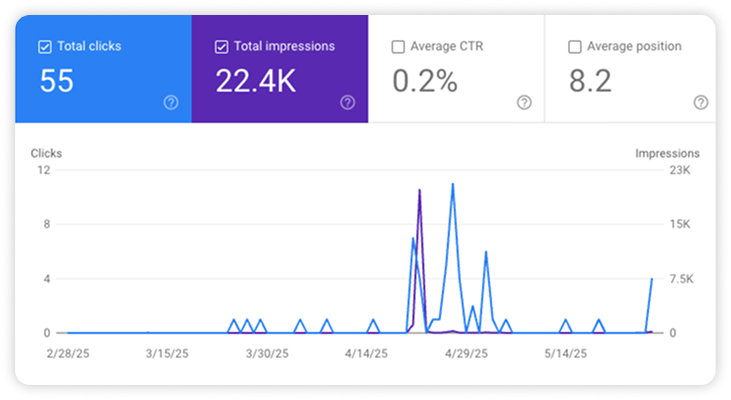
"We Don't Have Time to Create Content"
Sound familiar? You're already juggling a dozen responsibilities, and now someone tells you to start blogging twice a week.
The good news is you don't have to start from scratch.
Look at what you're already doing: customer calls, team meetings, industry conversations. These are goldmines of content ideas.
Record a customer success story during your next check-in call. Turn that internal training document into a blog post. Repurpose that presentation you gave last month into three different social media posts.
Still overwhelmed? Consider AI tools for first drafts or outsource content creation to freelancers who specialize in your industry.
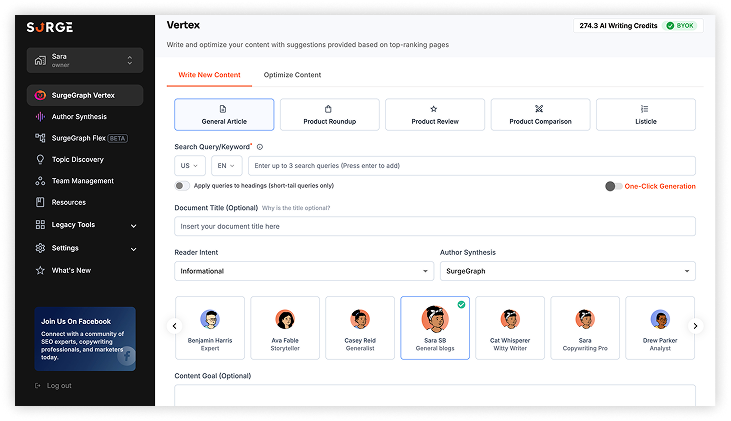
"Our Industry Is 'Boring'"
We've heard this from accountants, insurance agents, and manufacturing companies. "Nobody wants to read about tax law" or "Who cares about industrial equipment?"
Here's the truth: There's no such thing as a boring industry, only boring ways to talk about what you do.
Instead of talking about your products, focus on the problems you solve.
Don't create content about your manufacturing process—share stories about how your equipment helped a customer double their production capacity.
"We Can't Get Buy-In from Leadership"
This might be the toughest challenge of all.
You know content marketing works, but convincing the CEO to invest in a strategy that takes months to pay off? That's a different conversation.
Start by speaking their language: ROI and business outcomes.
Don't ask for budget to "build brand awareness"—ask for budget to "reduce customer acquisition costs by 30% over the next year."
Present a clear projection with specific metrics, share competitor success stories, and propose starting with a small pilot program to prove results before scaling up.
The Bottom Line
A content marketing plan isn't just about creating more content—it's about answering the questions your customers actually have.
When you align your content with your audience's actual questions and concerns, you stop being just another vendor and become a trusted advisor.
The businesses winning with content marketing aren't necessarily the ones with the biggest budgets. They're the ones who understand their customers deeply and consistently provide value before asking for anything in return.
Your customers are already searching for answers to their problems. The question is: will they find you, or your competitors?
Start building your content marketing plan today. In six months, you'll have a systematic way to attract, engage, and convert customers who are actively looking for what you offer.
Ready to amplify your reach?
When you're ready to amplify your biggest announcements and thought leadership content, MarketersMEDIA can help.
With guaranteed distribution to 550+ media outlets including AP News, Business Insider, Benzinga, NewsMax, and DigitalJournal, you can build authority and credibility instantly.
Our platform extends your reach to millions of potential readers—a perfect complement to your ongoing content marketing efforts that can significantly boost your brand visibility and establish you as a thought leader in your industry.
Free Press Release Template
Tell us where to send your PDF:
